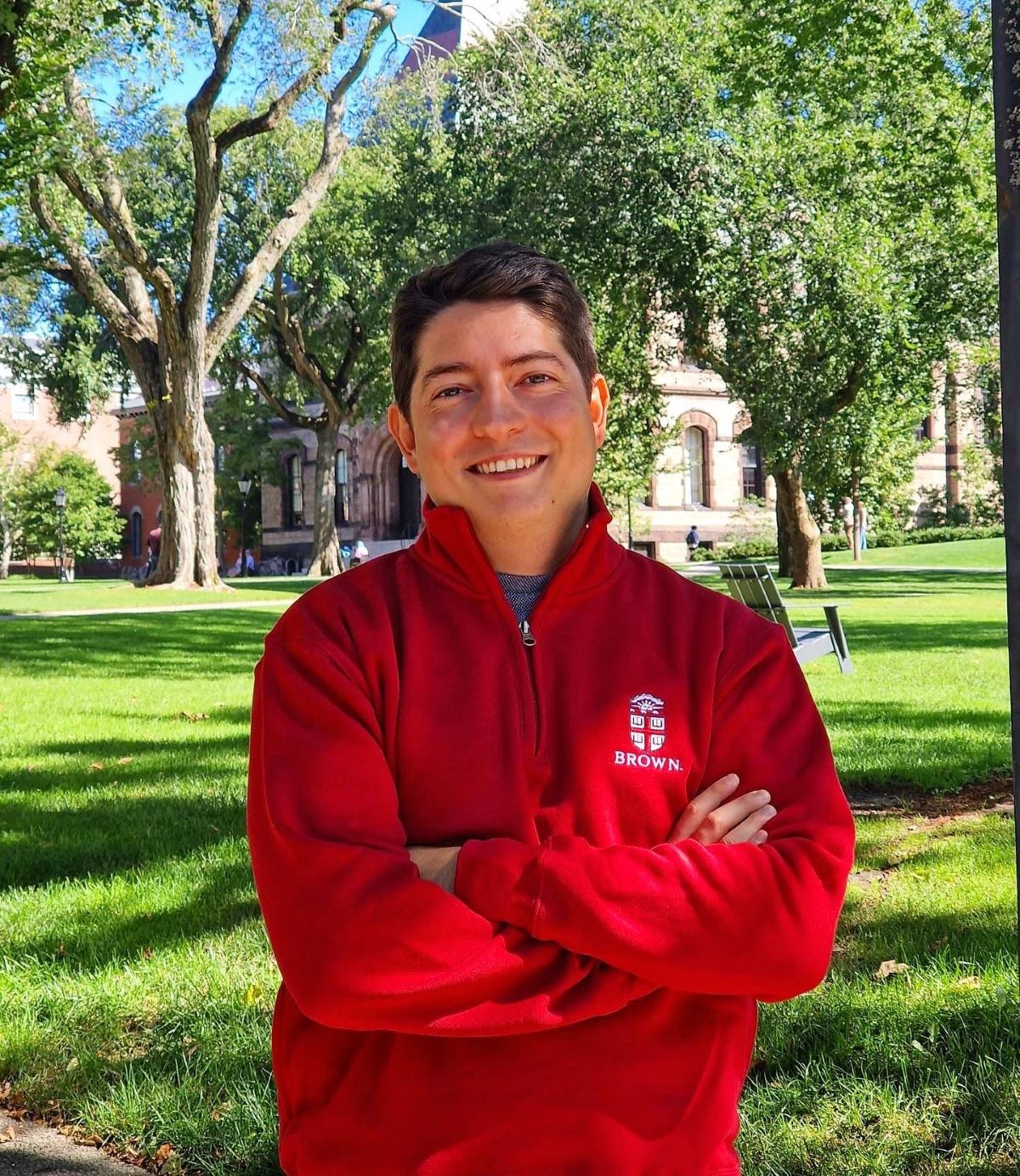Gian Pietro Enzo Bellocca was an Italian 2023-2024 Fulbright Schuman Visiting Student Researcher in Economics at Brown University. He is a PhD student in Economics at the Universidad Autónoma de Madrid. He obtained a bachelor’s degree in computer Engineering and a double Master Degree in Engineering, at Politecnico di Torino, and in Finance, at the Grande École de Commerce in Paris. Gian Pietro worked at the European Central Bank in the Directorate for General Economy, focusing on the monitoring and forecasting of inflation. His research explores the impact of climatic change on economics and financial stability.
Q: “Can you briefly describe your grant project?”
My research focuses on understanding disparities in electricity reliability and consumption patterns across different regions in the U.S. and Europe. In a first study we examine how power outages disproportionately impact vulnerable communities in U.S. cities, particularly low-income neighborhoods, during extreme weather events. Through geospatial analysis at the zip code level, the research identifies systemic factors contributing to these disparities and aims to inform disaster preparedness policies. In a second study we investigate electricity consumption patterns across 137 regions in 22 European Union countries from 2011 to 2021. By employing traditional modeling techniques alongside a novel Geographically Weighted Artificial Neural Network (GWANN), this research uncovers the socioeconomic and climate-related drivers of electricity consumption, providing insights for energy planning and sustainability efforts.
Q: “How did you initially learn about the Fulbright Schuman Program, and what motivated you to apply?”
The Fulbright Schuman Program was a perfect fit for me as an Italian PhD student at a Spanish university looking for a grant to pursue a visiting period in the U.S. Moreover, Fulbright not only provides funding but also offers a well-built program with a strong network of students and faculty.
Q: “In what way is your specific field of research relevant to the transatlantic relationship?”
This research is highly relevant to the transatlantic relationship as it addresses critical issues of energy reliability and consumption that are of mutual concern to both the U.S. and Europe.
Q: “What will you do after your Fulbright grant? In what ways has your experience in the USA this year impacted your plans for the future?”
The plan is to conclude my PhD and continue collaborating with the faculty members I met during my stay in the U.S. We are currently applying for funding to expand our research project over the next few years.
Q: “As a Fulbright Schuman grantee, you have been a cultural ambassador not just for your home country but for the entirety of the European Union. Has this experience changed what it means to be “European” for you?”
My experience as a Fulbright Schuman grantee has reshaped my understanding of what it means to be ‘European’. This was the first time I’ve spent such an extended period working in the U.S., and it has been a transformative experience in many ways. In Europe, I’ve studied and worked in several different countries, and I’ve always felt at home, no matter where I was. Whether in Spain, where I’m pursuing my PhD, in Italy, where I was born, or in other countries where I’ve studied and worked—each place has felt like a part of me, as if Europe itself has become my home. However, in the U.S., I found myself outside of my comfort zone in a way I hadn’t experienced before. Returning to Europe after this time in the U.S., I realized how much this experience had made me feel more European than simply Italian. The contrast between the American way of life and the diverse yet cohesive European cultures I’ve immersed myself in over the years has strengthened my sense of belonging to Europe as a whole. Europe is no longer just a collection of countries where I’ve lived; it’s the place where I feel most at home, where my values, experiences, and identity all align.
Q: “What advice would you give to someone who is considering applying to the Fulbright Program?”
Dedicate ample time to prepare your application. Build a research project that genuinely interests you and connect with people who are focused in that field from whom you can learn the most.
Articles are written by Fulbright grantees and do not reflect the opinions of the Fulbright Commission, the grantees’ host institutions, or the U.S. Department of State.

